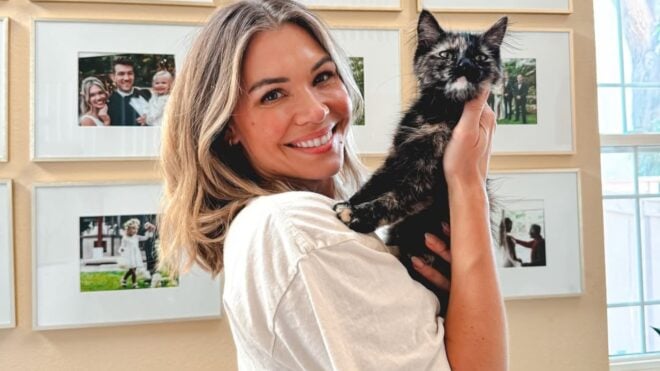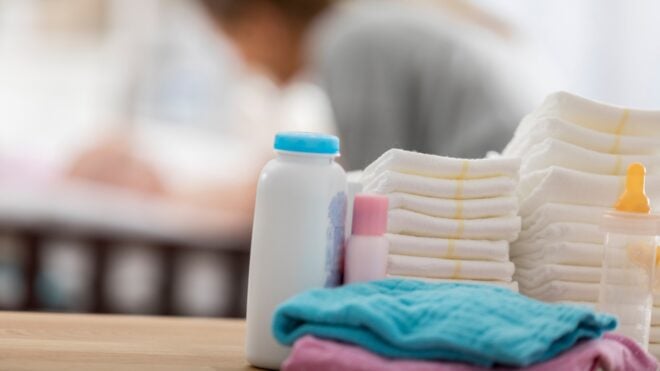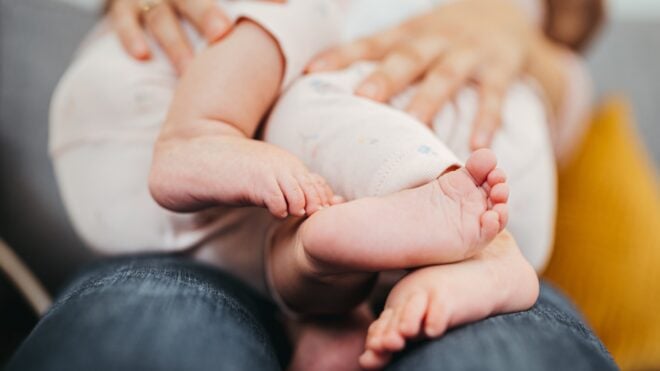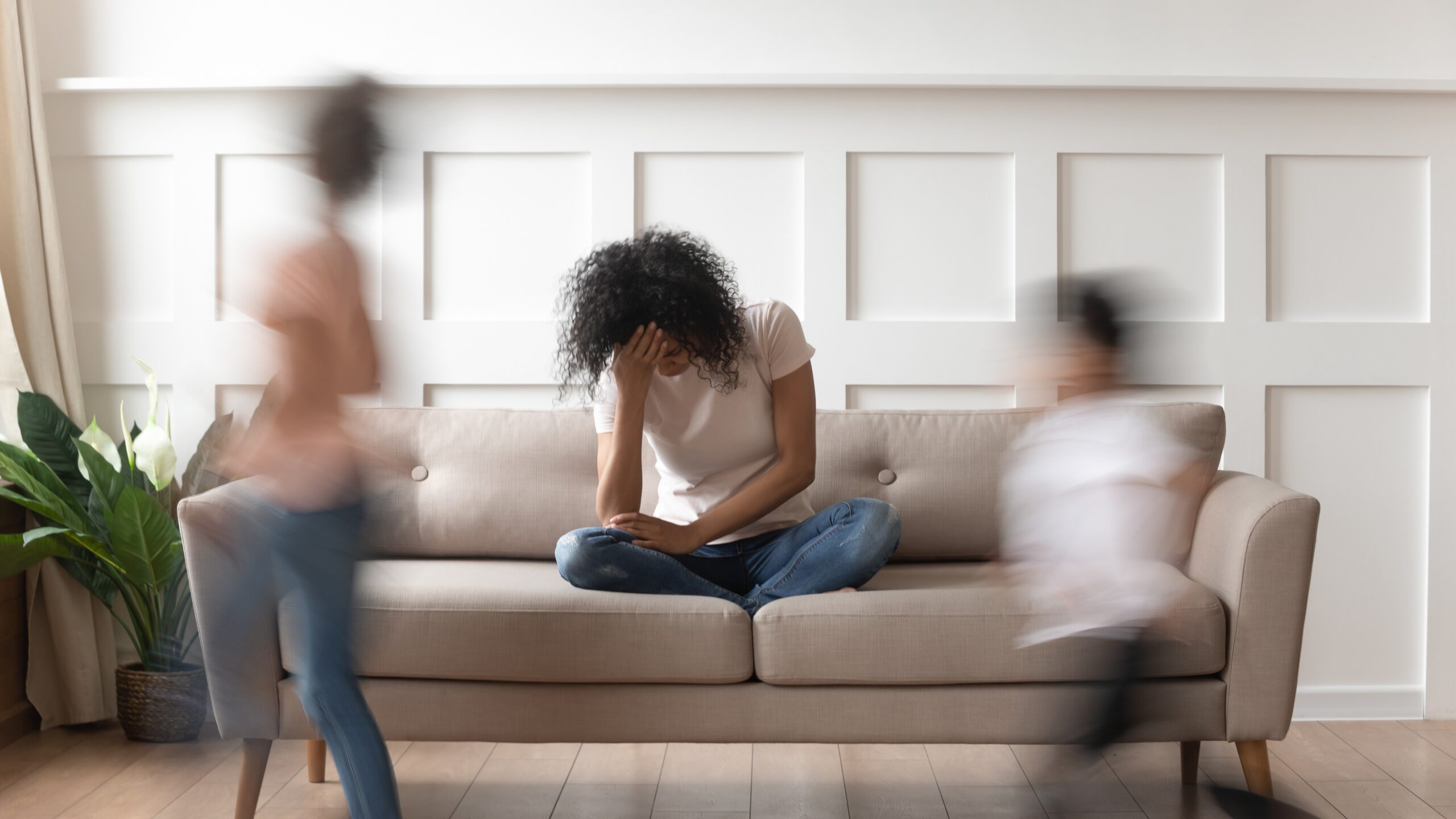
It’s the ultimate irony of the 21st century: For as much as technology has brought us together, many of us have never felt more isolated. And it’s taking its toll — especially on mothers, some experts say, who feel buried under the constant pressure and business of life more than ever, and long for the supportive and tangible connection of the proverbial village to help stem the loneliness of modern motherhood.
In fact, it was for this reason that the concept for the Facebook page, Sister, I Am With You, first began. Launched by two writers and moms, Amy Weatherly and Jess Johnston, the page features a mix of relatable and honest content that aims to unite moms across the internet and remind them that they’re not alone.
The loneliness of modern motherhood is real
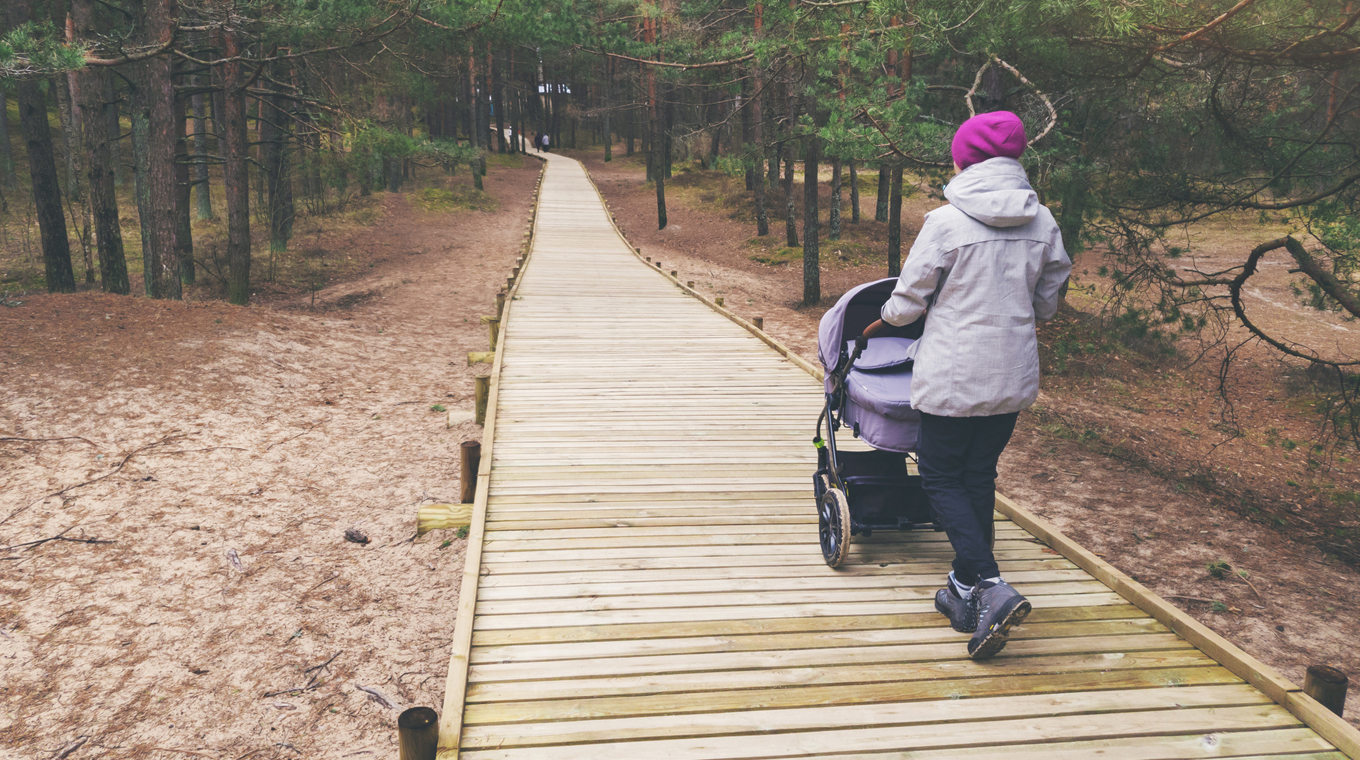
Getty Images
They’re not the only ones who feel like bad friends sometimes, as the demands of raising tiny humans takes over their daily lives. They’re not the only ones who wish motherhood — and womanhood — didn’t come with so many judgments from others. And they’re definitely not the only ones that sometimes feel as if they’re stranded at sea, without a hand to reach out and grab hold of.
Now, a Facebook post penned by Weatherly and Johnston is going viral for offering a sobering reminder of just how badly we crave (and need) that real-world connection.
“I think it was Brene Brown who told a story about a village where all the women washed clothes together down by the river,” the post begins. “When they all got washing machines, there was a sudden outbreak of depression and no one could figure out why.”
“It wasn’t the washing machines, in and of themselves,” the post continues. “It was the absence of time spent doing things together. It was the absence of community.”
The anecdote immediately resonates, especially when you consider that postpartum depression affects nearly 1 in 5 American women today, according to the Centers for Disease Control. In fact, a May 2019 study found that more new mothers than ever before are being diagnosed with depression before they even leave the hospital.
With independence and full lives, we’re missing out on truly connecting
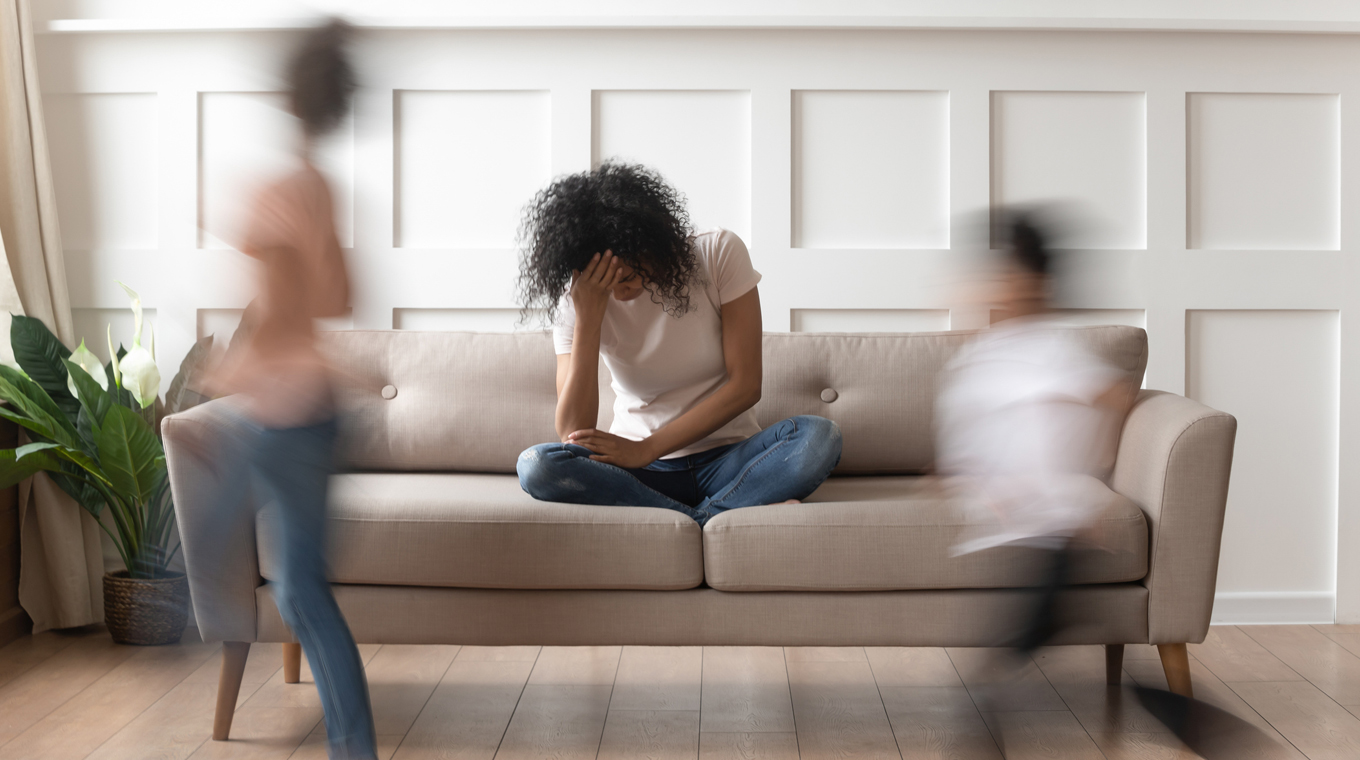
Getty Images
There are a variety of reasons these rates could be on the rise, but Weatherly and Johnston sure seem to think a lot of it stems from our shifting social behaviors.
“Friends, we’ve gotten so independent,” they wrote. “We’re ‘fine,’ we tell ourselves, even when in reality we’re depressed, we’re overwhelmed, we’re lonely, and we’re hurting. ‘We’re fine, we’re just too busy right now,’ we say, when days, weeks, months, and years go by without connecting with friends. ‘I’m fine, I’m fine, I’m fine.’ It’s so easy to say even when it’s not true.”
In the process, we let entire friendships slip through the cracks, unless keeping in touch via Instagram and Facebook counts. (Which, let’s be real, it kind of doesn’t.)
“We’ve become so isolated and it’s hard to know how to get back,” they continued. “It’s so hard to know how to even begin to build the kind of relationships our hearts need. And I think in our current culture, it’s just not as organic as it once was. It’s more work now.”
Instead of going down to the river each day to socialize and bond with friends and trade secrets and laughs and gripes about motherhood, we’re staying in. We’re doing more loads of laundry than ever before, but it’s in our own washing machines.
“We don’t depend on each other to do laundry, or cook dinner, or raise babies anymore,” Weatherly and Johnston wrote. “We don’t really depend on each other for much of anything if we’re being honest.”
Instead, we’ve become a generation of women who get an indescribable sense of joy from cancelled plans. We’re exhausted from the challenges of being SAHMs, working moms, or even work-from-home moms, and when we have a moment alone to ourselves, it’s usually spent mindlessly scrolling through Instagram or binge-watching the next show in our Netflix queue.
But in the process, it’s changing the way we live, connect, and — perhaps above all else — feel about ourselves. The loneliness of modern motherhood is seeping in and can do real damage.
Loneliness is quickly becoming an epidemic
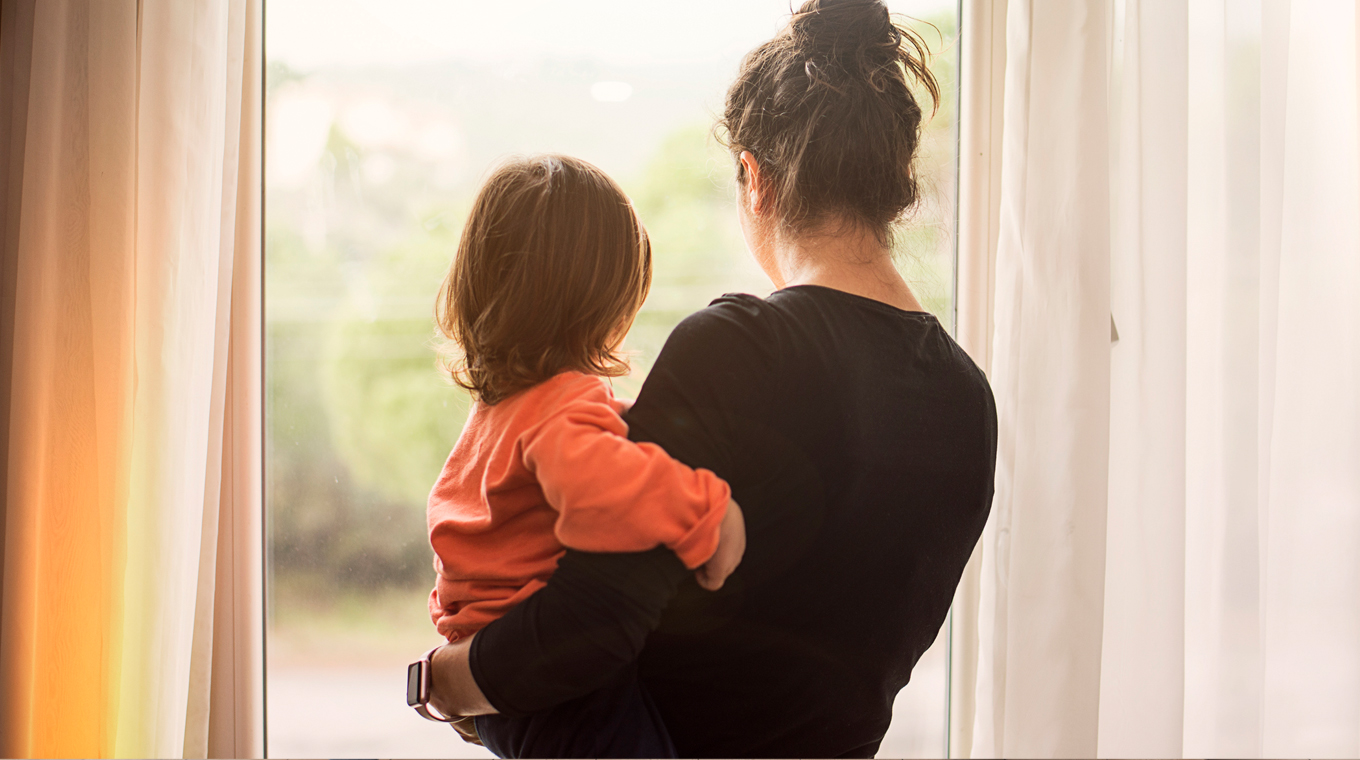
Getty Images
“In Brene Brown’s book Braving the Wilderness, she says that being lonely affects the length of our life expectancy similar to smoking 15 cigarettes a day,” the post continues. “I don’t say that to freak anyone out, but to let you know that the longing for connection is LEGIT. I think we’ve treated friendship like a luxury for far too long; friendship isn’t a luxury, it’s a necessity. We don’t want it. We kind of need it.”
Therein lies the crux of their argument, one I don’t think any woman today would disagree with. In fact, by the looks of the comments section, few did.
Since the post was first shared on August 29, it’s racked up over 8.7K shares and thousands of comments from women across Facebook.
“Hits me right in the feels,” wrote one woman, who took the time to share her own story. “I’m a proud military wife,” she continued. “My husband leaves home a lot. Some times for weeks, months, or just a couple of days. I’ve become a one woman show keeping my kids life as normal as possible, working in my chosen career field, and not forgetting to exercise, feed the dog, and keep in contact with my many girl friends across the globe as we all move and navigate this life. BUT I don’t have a village here, I don’t even have people to put on my ‘emergency contact list’ for the kids at school. My independence is necessary for my family’s survival, but dang, I need to work on my village too.”
“We use to have Tupperware parties, and invite all our friends,” noted one woman. “Now it’s done over Facebook or through the computer and we miss the fellowship with others.”
While the power of supportive online forums shouldn’t be totally scoffed at (after all, it’s what brought this very post to the attention of thousands of like-minded women), the reminder that meeting face-to-face with friends who feed our soul is important.
After all, Brene Brown herself once wrote that “true belonging only happens when we present our authentic, imperfect selves to the world, our sense of belonging can never be greater than our level of self-acceptance.” That can only happen if we show up.
For the record, Brown also pointed out that “research shows playing cards once a week or meeting friends every Wednesday night at Starbucks adds as many years to our lives as taking beta blockers or quitting a pack-a-day smoking habit” — which is a pretty good reason to plan your next girls’ night, if you ask us.

